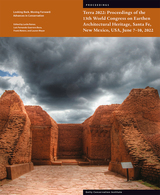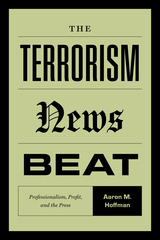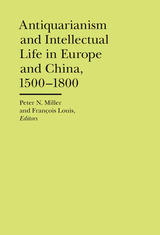
This book is a project in comparative history, but along two distinct axes, one historical and the other historiographical. Its purpose is to constructively juxtapose the early modern European and Chinese approaches to historical study that have been called "antiquarian." As an exercise in historical recovery, the essays in this volume amass new information about the range of antiquarian-type scholarship on the past, on nature, and on peoples undertaken at either end of the Eurasian landmass between 1500 and 1800. As a historiographical project, the book challenges the received---and often very much under conceptualized---use of the term "antiquarian" in both European and Chinese contexts. Readers will not only learn more about the range of European and Chinese scholarship on the past---and especially the material past---but they will also be able to integrate some of the historiographical observations and corrections into new ways of conceiving of the history of historical scholarship in Europe since the Renaissance, and to reflect on the impact of these European terms on Chinese approaches to the Chinese past. This comparison is a two-way street, with the European tradition clarified by knowledge of Chinese practices, and Chinese approaches better understood when placed alongside the European ones.


In European Urbanization Jan de Vries provides the first comprehensive data base for understanding the nature of the changes that took place in European cities from 1500 to 1800. The book is based on an immense systematic survey of the population history of 379 European cities with 10,000 or more inhabitants analyzed at fifty-year intervals.
Using a wide range of economic, demographic, and geographic models, de Vries illustrates patterns of urban growth, draws conclusions about the significance of migratory behavior, and shows the effects of urbanization on the history of Europe as a whole. In presenting these broad measures of urbanization, de Vries makes a case that the cities of Europe gradually came to form a single urban system. The properties of this system are analyzed with the use of several geographical concepts: rank-size distribution, transition matrices, and potential surfaces, among others. This examination of the fortunes of cities of different sizes and regions and the economic and political factors that affected their development is fundamentally important for understanding modern Europe and the contemporary problems of urban development. De Vries mines these rich, complex data to give us a rounded view of the dynamics of change in urban preindustrial society.
European Urbanization will be of great value to readers interested in social, economic, and demographic history, geography, architecture, and urban studies.
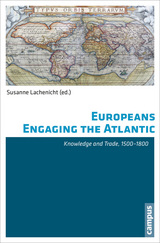
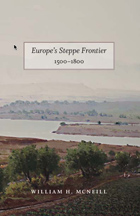
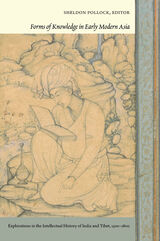
Contributors. Muzaffar Alam, Imre Bangha, Aditya Behl, Allison Busch, Sumit Guha, Janet Gyatso, Matthew T. Kapstein, Françoise Mallison, Sheldon Pollock, Velcheru Narayana Rao, Kurtis R. Schaeffer, Sunil Sharma, David Shulman, Sanjay Subrahmanyam, Mohamad Tavakoli-Targhi
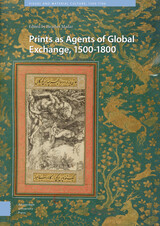
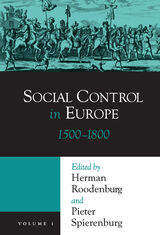
READERS
Browse our collection.
PUBLISHERS
See BiblioVault's publisher services.
STUDENT SERVICES
Files for college accessibility offices.
UChicago Accessibility Resources
home | accessibility | search | about | contact us
BiblioVault ® 2001 - 2025
The University of Chicago Press


